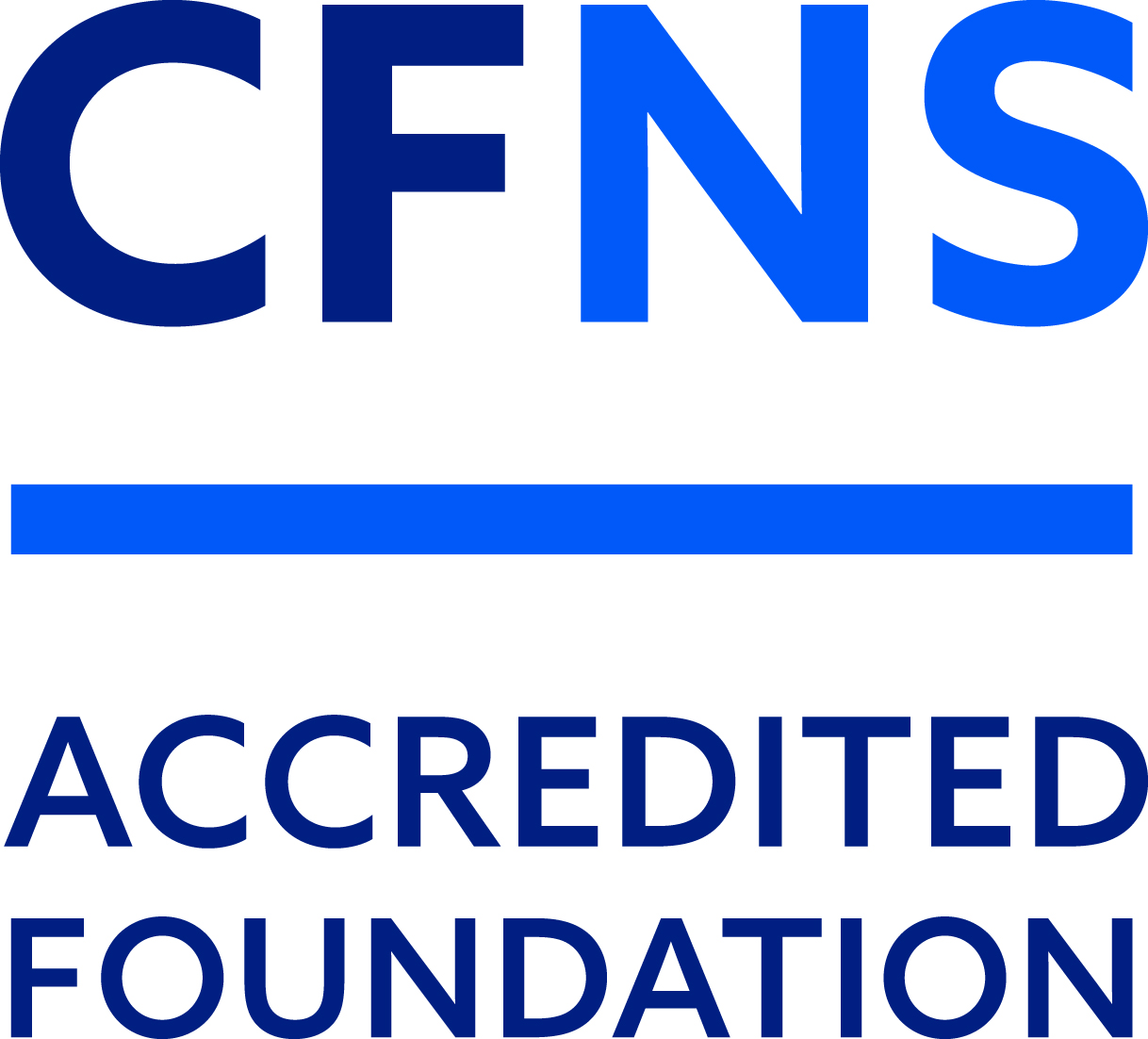Special Tax Bill Permits Tax-free Charitable Transfers from IRAs for People Aged 70 1/2 and Older
Chart created by Michael Kitces www.kitces.com
On December 18, 2015, Congress passed the PATH Act, which renews and makes permanent the Charitable IRA provision of 2006, making it easier for Americans to give to causes they care about. This provision has the power to help local charities strengthen their communities by allowing individuals aged 70 ½ and older to transfer up to $100,000 annually from an Individual Retirement Account (IRA) to charity without being federally taxed.
Millions of Americans continue to save pre-tax dollars in their IRAs. The law allows older taxpayers to share their wealth by giving retirement savings directly to charity—and bypassing income tax. (source: http://www.ici.org/research/stats/retirement/)
This law is important to local charities operating as agents of philanthropy in order to continue to build community and improve social service programs that benefit people every day.
This will help donors who would rather give to charity than pay taxes and the nonprofit organizations they choose to support.
Thanks to decades of deliberate saving, some of today’s retirees have more money in their IRAs than they need for daily living expenses and long-term care. Charitable individuals and couples have expressed an interest in giving the funds to charity, but income tax must be paid on all withdrawals, which may reduce the value of the gift in cases where the gift is not fully deductible or where other tax attributes are negatively affected. Direct transfers avoid these issues. Others are concerned about designating their children as IRA beneficiaries since that may draw unintended tax consequences.
A substantial portion of larger estates with IRA wealth goes to estate taxes and income taxes of beneficiaries. Experts estimate heirs may receive less than 50% of IRA assets that pass through estates that are very large in size.
A provision in the federal law extends this special option: transferring IRA assets directly to charity. By going directly to a qualified public charity such as the Richland County Foundation, the money is not included in the IRA owner’s income and—most important—is not taxed, preserving the full amount for charitable purposes.
Annually, holders of traditional IRAs who are at least 70½ years old can make direct charitable transfers up to $100,000. Individuals may exclude the amount distributed directly to an eligible charity from their gross income. The Richland County Foundation can help donors execute the transfers and choose from several charitable fund options for their gift. Funds that qualify for the tax-free IRA transfers include unrestricted/community fund, field of interest fund and designated fund. Donor Advised Funds do not qualify for tax-free IRA transfers.
This really is a powerful opportunity for anyone interested in establishing a permanent legacy in this community, this is a chance of a lifetime to make the gift of a lifetime.
Information source: Council on Foundations


